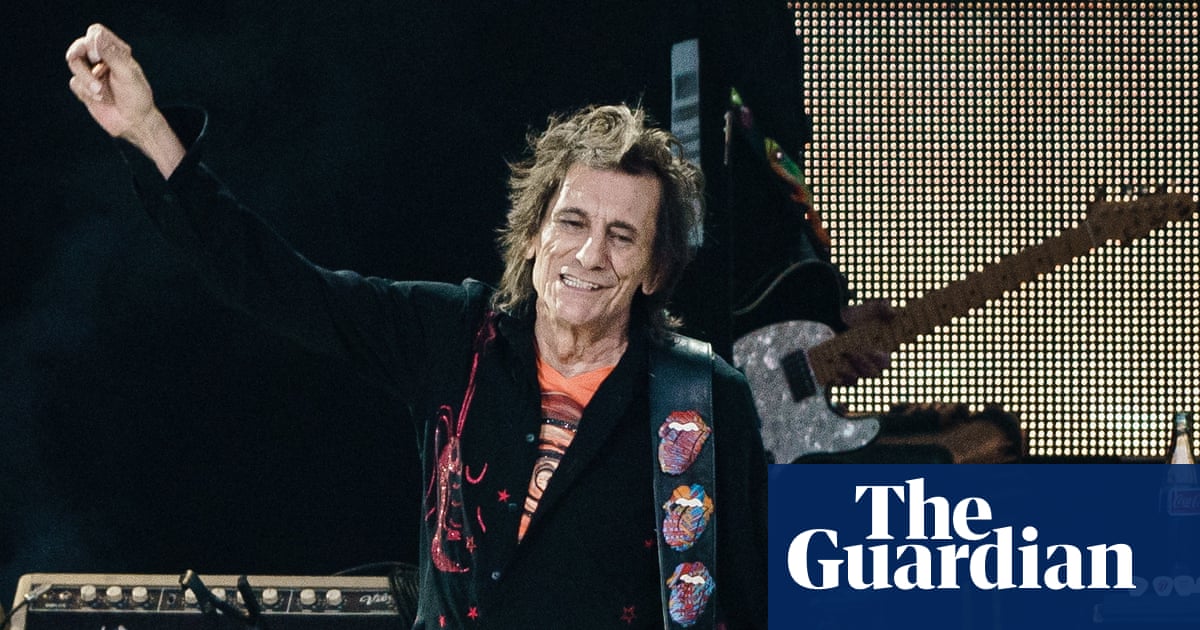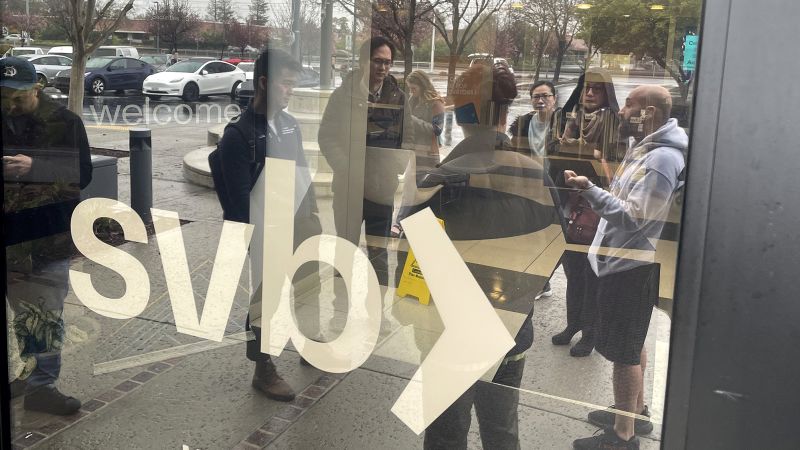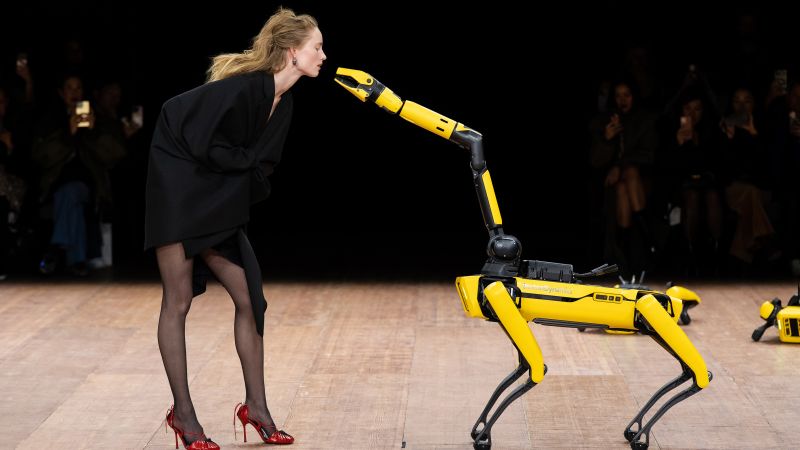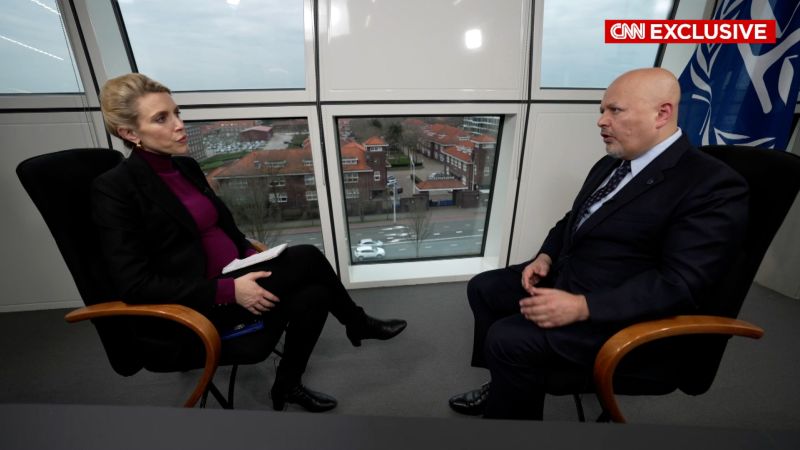The millpond calm of her face, its beauty, its gentleness, its openness and unworldliness became even more heartstopping when she laughed or cried – and generations of moviegoers felt their own crush on Diane Keaton escalate into something more. She was more than America’s sweetheart: Keaton was the sophisticated, sweet-natured, unaffectedly sensual woman with whom America was unrequitedly in love. Diane Keaton was out of America’s league.
In the golden age of the American New Wave in the 1970s, she was at the centre of that era’s great comedy and tragedy: as Kay, the innocent wife of Al Pacino’s Michael Corleone in Coppola’s The Godfather (1972), she was the aghast, complicit witness to mob toxicity and murder, paralysed with disillusion and fear as she is shut out of her husband’s dealings in his private sanctum – and then, in the next film, like a modern-day Medea, Diane Keaton’s Kay reveals to the icily infuriated Michael the awful truth about her miscarriage.
But in that decade it was as a comic performer of ethereally self-aware genius that she became more known, in her many films playing opposite Woody Allen in Sleeper, Play It Again Sam, Love and Death, Manhattan and most gloriously of all, in Annie Hall (her Oscar-winner) and in appreciating Keaton’s wonderful performance in that romcom masterpiece we can appreciate that Annie Hall is, in fact, the jewel of the American New Wave – in fact, with its freewheeling city life and its literary gestures and in-jokes, Annie Hall closer to the French New Wave.
For a while, Keaton was almost Allen’s comedy partner, the Elaine May to his Mike Nichols or maybe the Gracie Allen to his George Burns, but none of these comparisons quite convey the romantic potency of Keaton/Hall’s screen presence: the elegant, bohemian single woman whose heedless eccentricity, sweetness and vulnerability go way beyond “kooky” or “ditsy” and certainly beyond the “manic pixie dream girl” persona that would later become fashionable. The point is that Allen’s Alvy Singer is deeply in love with Annie, and can never be with her. The chaotic scenes with the live lobsters, the first they shot together on the film, are sublimely romantic and funny. Yet Keaton could play the straight “feed” to Allen well enough, executing with faultless seriousness the setup in Love and Death, as the entrancingly lovely Sonja who is not in love with Allen’s infatuated Boris.
“Sex without love is an empty experience,” she says to which Boris helplessly replies: “Yes, but as empty experiences go, it’s one of the best.” That immortal gag wouldn’t be the same without the genuine delicacy and wisdom with which Keaton performs it. And she also nailed the broad physical comedy too.
For Allen, Keaton could embody the wonderfully patrician, Waspy archetype – like the hero of Roth’s Portnoy’s Complaint, he fetishises her non-Jewishness. And in his absolutely serious film, Interiors from 1978, Allen cast her in the Chekhovian family context of sisters.
Keaton’s performance in the once shocking film Looking for Mr Goodbar from 1977 is one that deserves to be better known: a minor work, maybe, but it was bold and courageous casting against type for Keaton to play the schoolteacher (a very Keatonian profession) who has a need to explore casual sexuality in the same frank if off-the-record way that men are allowed to do: this was a through-the-looking-glass Annie Hall and Keaton is terrific in it.
As the 70s turned into the 80s, and at the very height of her prestige, Keaton was in the epic Reds (1981) with her lover and co-star Warren Beatty, playing feminist activist Louise Bryant with Beatty as the US socialist journalist John Reed who chronicled the Russian revolution in his book Ten Days that Shook the World. There was, perhaps, more than a hint of worthiness about the whole film which meant Keaton couldn’t quite shine – although that wasn’t true of Alan Parker’s muscular Shoot the Moon (1982) about an unhappy couple with Keaton going head-to-head with Albert Finney and giving as good as she gets.
In the 80s and 90s, I think directors didn’t quite find their way into Keaton’s distrait style, it was an enigma which retreated more from the lens; she continued to perform in Allen movies like Manhattan Murder Mystery, and she played comedy for lesser film-makers and in lesser (though perfectly decent) films like The First Wives Club (1996) about women determined to gain revenge on their ex-husbands for remarrying younger women. She played very serious roles, although these often had the milky glow of soap opera.
But it was Nancy Meyers who found a kindred spirit in Keaton, casting her in the addictive, luxury-aspirational romantic comedies that Meyers created with such a sure touch, perhaps most vividly in Baby Boom from 1987 as the corporate career high-flyer who finds herself in a fix when she inherits a baby. This was perhaps the last film in which the sharper edge of Keaton’s comic performing style is still visible, playing a terrific comedy scene with the white-coated Sam Shepard, tearfully opening up to him about her lack of sex and unaware that he’s a vet, not a doctor. I always remember the fierce way she looks at herself in the ladies’ room mirror towards the end of the film when it looks as if she can reclaim her job, visibly vibrating with excitement.
The high-water mark of Diane Keaton’s late period of gentler romance was in Nancy Meyers’s Something’s Gotta Give in 2003, when she finds herself being courted by two men: Jack Nicholson, the ageing roué notorious for dating younger women and humbled by a non-fatal heart attack, and by Keanu Reeves, the impossibly dishy doctor whom Keaton meets because of Nicholson’s heart scare.
For a female star to be adored by these two amazing movie galacticos is a difficult look to pull off and really Keaton was the only candidate: even in middle age she has that innocence and unaffected charm – and if the focus in her performance is fuzzy, it only added to her charm. The thought of Hollywood without Diane Keaton is unbearably sad.









 English (US)
English (US)